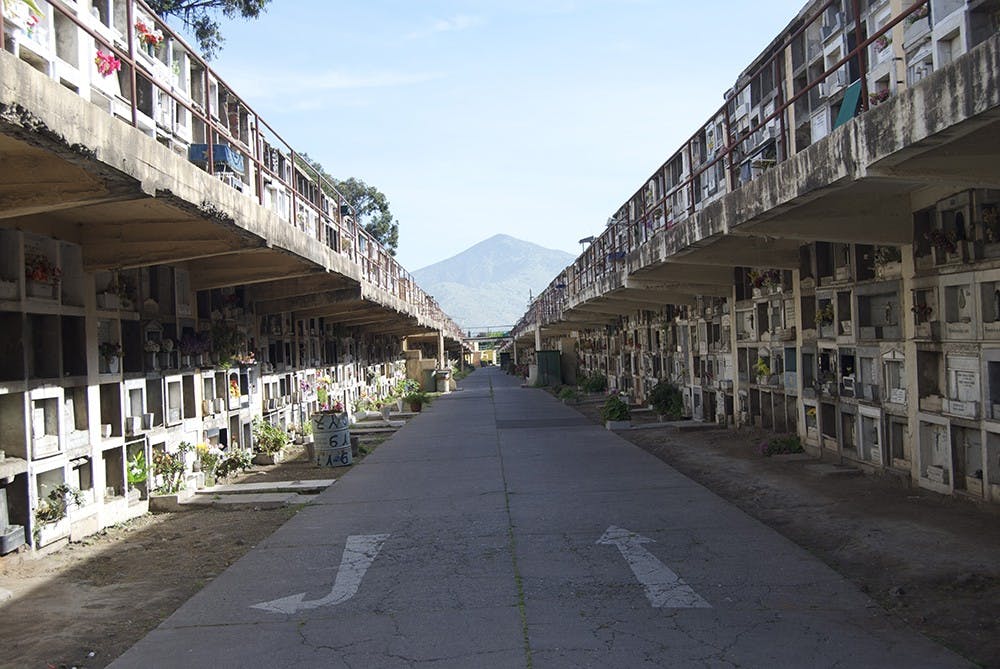One of the reasons I chose to study abroad was to have the opportunity to look at the world from a new perspective. I wanted to look at the world from a place other than the United States.
Through my years in elementary school, middle school and high school, I grew up taking history classes that placed the United States and all its actions on a pedestal. I never really thought much about it. I was so proud of my country and all it did for the world.
Growing up in a military family didn’t help my proud attitude, either. My military father could do no wrong in my eyes. Neither could my country.
A coup d’état occurred in Chile in 1973, and a military general by the name of Augusto Pinochet took power. The effects of his rule continue to resonate throughout the country to this day.
The bloody takeover resulted in thousands of deaths, disappearances and arrests. Pinochet, a dictator, ruled with ruthless authority, and countless people suffered for it.
And this semester was the first time I heard ?about it.
What astounds me most, aside from never hearing about this coup, is the U.S. aided in creating the conditions for the coup and immediately recognized and supported the junta government that was subsequently established.
Former President Salvador Allende, the president who was overthrown in the coup, was everything U.S. President Richard Nixon was threatened by at that time. Allende was a ?socialist.
The U.S. feared an “irreversible Marxist regime” would take hold in Chile, according to Kristian Gustafson in an article on the CIA’s website.
It’s hard for me to understand this situation, growing up as I have in such awe of my country. How could my country assist and support the establishment of such a cruel, vicious government?
It has taken me years to acknowledge my country isn’t perfect and even longer to acknowledge my dad and our military aren’t perfect.
I don’t claim to have any sort of solution or mind-blowing ideas on how to deal with world issues and threats, but I do know this: I see continued suffering in Chile.
I see it on the faces of Chileans who speak about their missing loved ones, their fight for justice and their many unanswered questions.
I’ve seen it in the memorials dedicated to those who disappeared during and after the coup. One such memorial is located at the Cementerio General de Chile, one of the largest cemeteries in Latin America, home to more than 2 million ?burials.
I heard it in the words of Victor Jara, songs I heard watching the musical “Victor Sin Victor Jara,” created based on his works. Jara was a Chilean songwriter and political activist who was arrested, tortured and murdered in 1973. His songs have become a symbol of the struggle for answers to the numerous violations of human rights that occurred during and after the coup and the ongoing search for justice for the victims of Pinochet’s regime.
I saw it on the face of Juan Guzman, the first judge to prosecute Pinochet on human rights charges.
He stood at the front of my class. As he was telling us about charging Pinochet, and about later dropping the charges, he looked at us and smiled a sad, tired smile.
“I saw a sick old man and I couldn’t do it.”
Pinochet died Dec. 10, 2006, without ever being charged for the crimes he was accused of. I know my country aided in creating this suffering in Chile.
It just goes to show nothing is perfect, and there are always consequences to actions. Sometimes they can be as severe as in Chile’s case.
What I have learned is I need to be more aware. Though I can be told to look at something a certain way, nothing is ever really as it seems.
There are always two sides to every story.
makholla@indiana.edu






